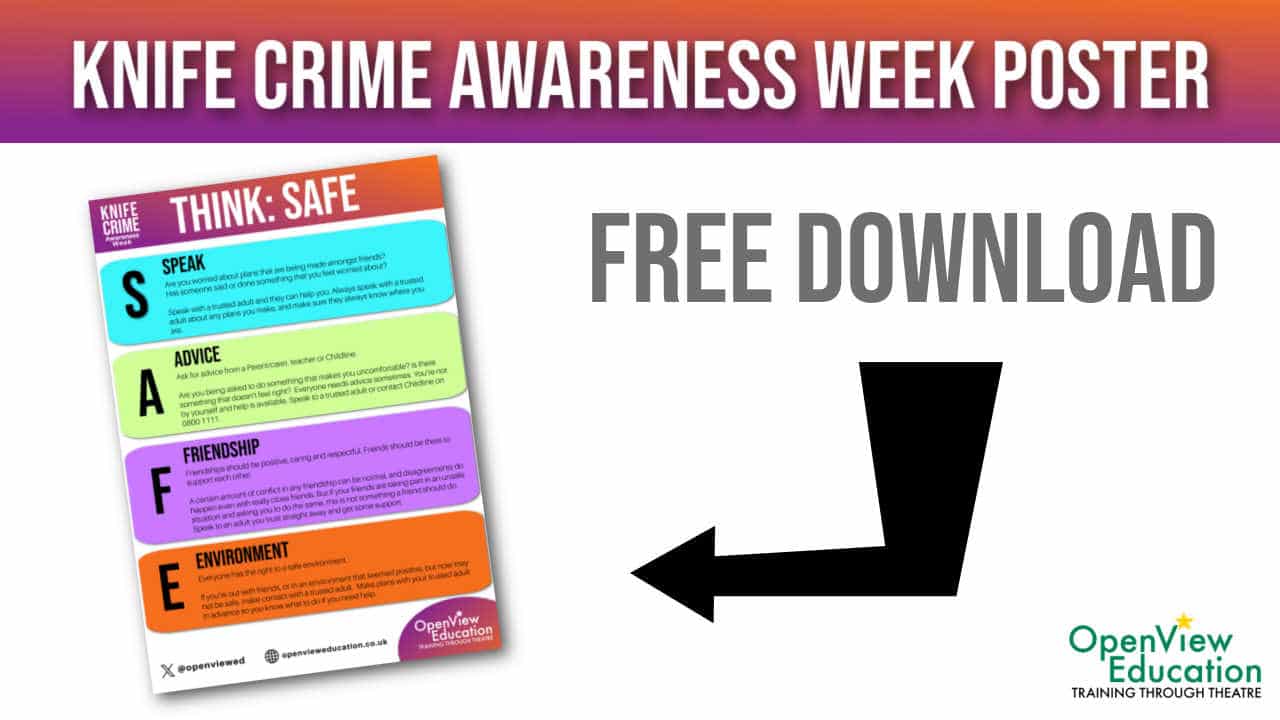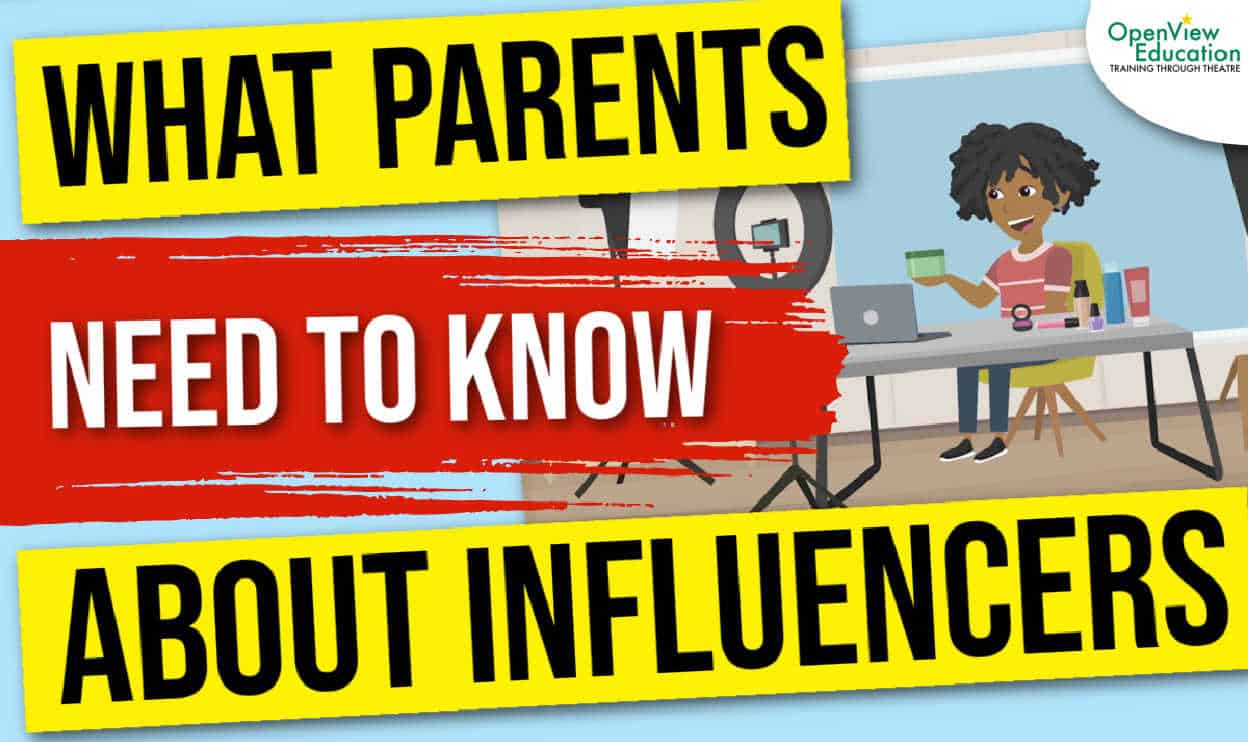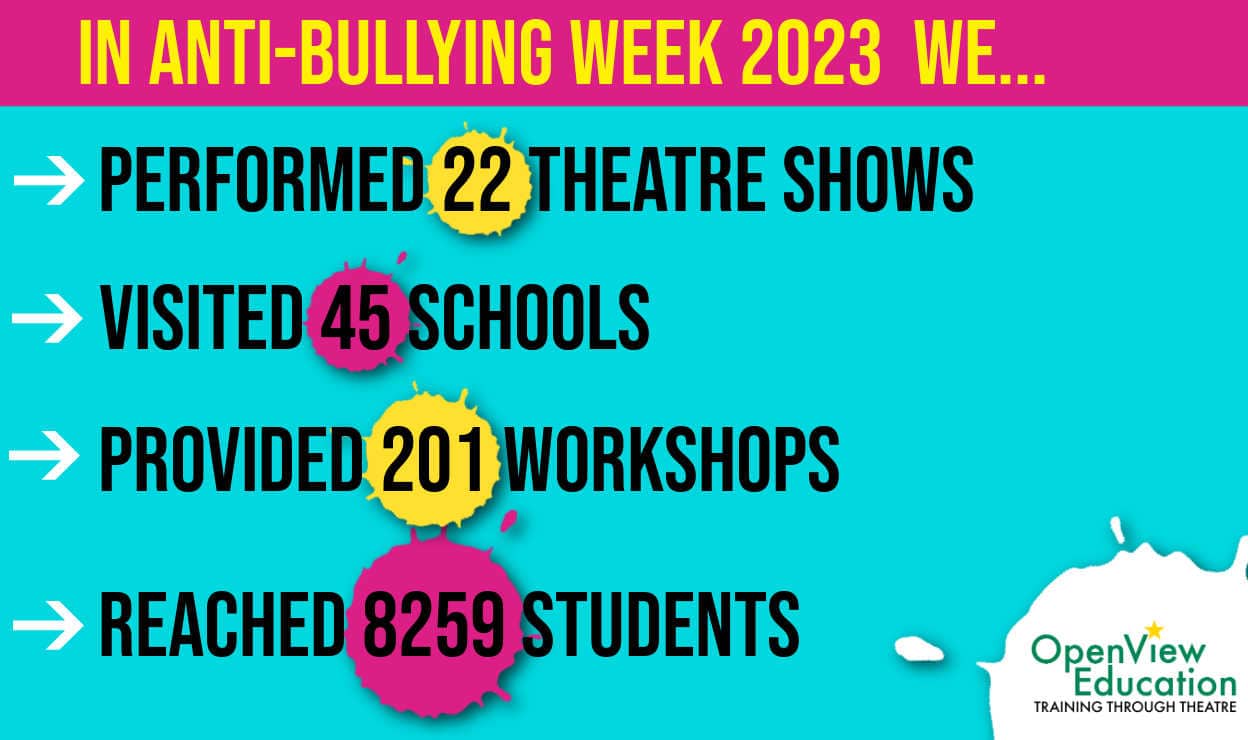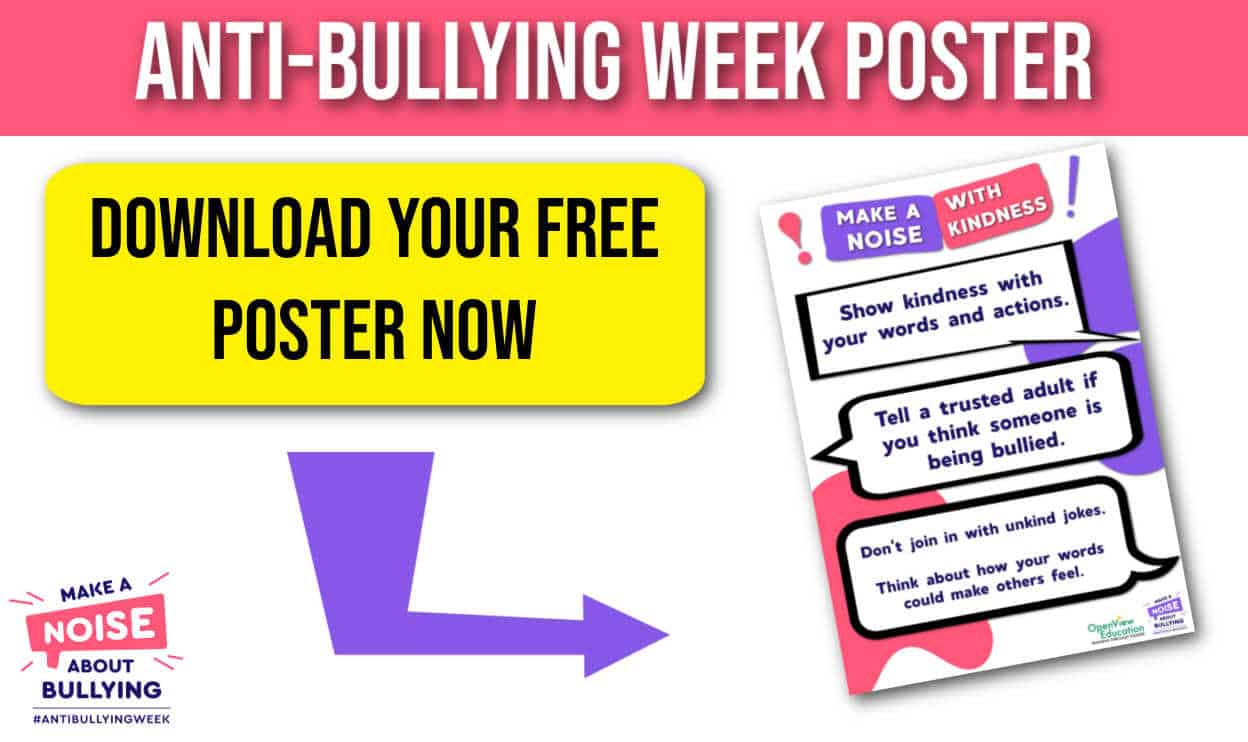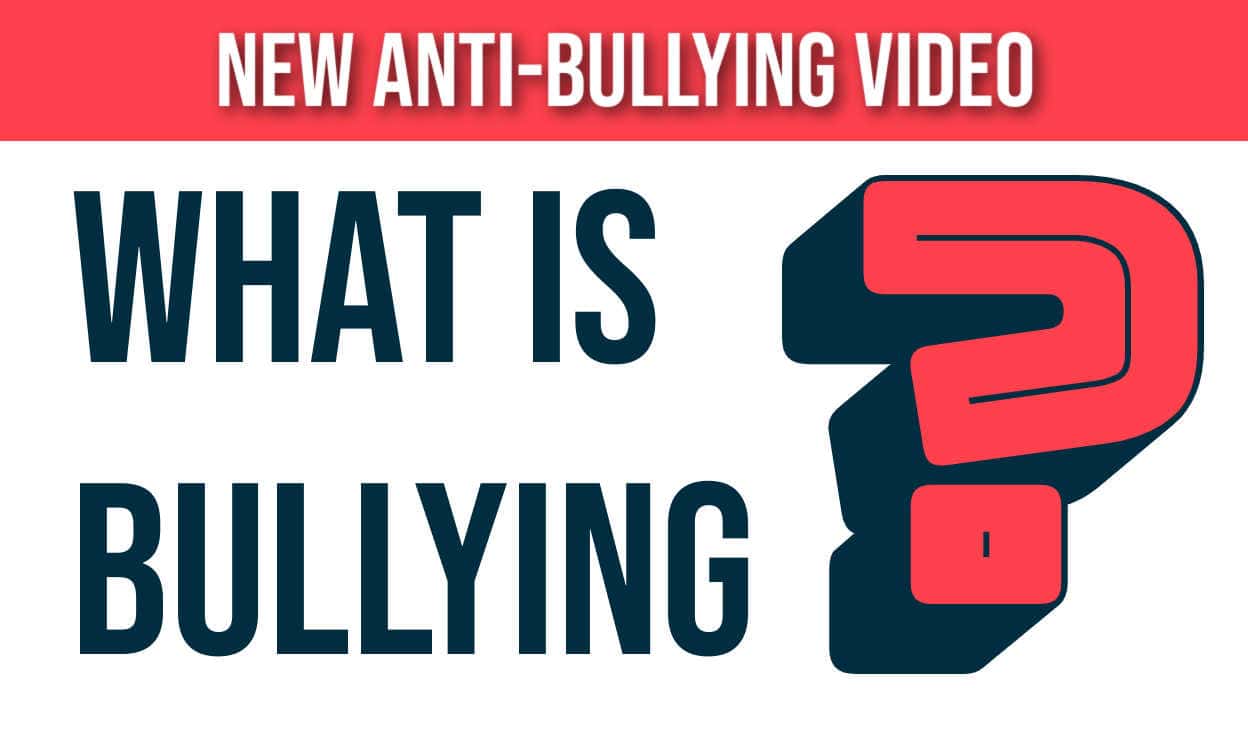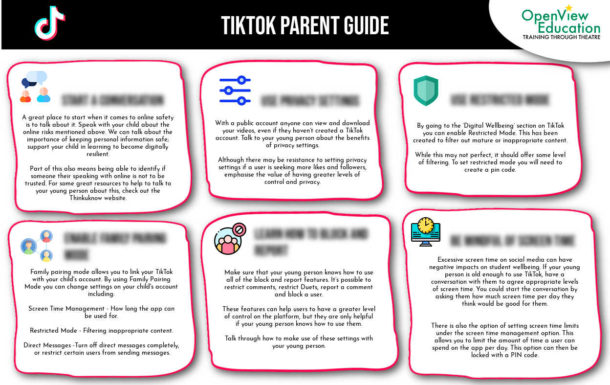Did you know WhatsApp has over two billion users worldwide? The ability to easily send text, videos, photos and files, along with the capacity to make video and voice calls have made WhatsApp the world’s most popular messaging platform.
What’s the age rating for WhatsApp?
WhatsApp is rated 13+.
In 2024, WhatsApp lowered the age rating in Europe from 16 to 13. This change received criticism from Children’s Rights Advocates, arguing that the changes expose children to potential online harms.
This change may mean that more primary school aged children are accessing WhatsApp than ever before. That’s why we have put together this guide for parents, carers and teachers to understand the risks of WhatsApp and help to keep their children and young people safe.
Is WhatsApp Safe for children?
WhatsApp can be a great tool for staying in touch with family and friends. It offers children an easy way to communicate with loved ones, share memories, and even collaborate on school projects.
However, as with any online platform, there are risks to consider. Let’s start by looking at the risks of WhatsApp, then explore some simple steps we can take to keep children safe on the platform.
What are the Risks of WhatsApp?
Exposure to Inappropriate Content
Because it’s very easy to share content in WhatsApp through Group Chats, children may receive or come across inappropriate content.
Scams and Phishing Attempts
There have been multiple incidents of scams or phishing attempts on WhatsApp. This often takes the form of an offender posing as a friend or family member, requesting money or information.
Online Bullying
Group Chats on WhatsApp can bring about a herd mentality, something that starts as a joke can go too far and become bullying. Because of the ‘always on’ nature of technology, this means it can be difficult to get any time away from online conflicts or bullying.
Contact from Strangers
If a young person is added into a Group Chat, this group may include people who they don’t know. Group Chats can increase the chance that a young person will be contacted by someone they don’t know.
Sharing Location
WhatsApp gives you the option of sharing your location with other users. If this feature is enabled it could potentially allow other users the ability to track a child’s location or find their home address.
Excessive Screen Time
Being part of a Group Chat can create a pressure to respond quickly. Children and young people may experience a fear of missing out, and the need to read and respond to messages at all hours of the day or night. This can lead to excessive screen time that negatively impacts sleep and overall well being.
How can I make WhatsApp Safe for children?
Here are some steps you can take to help keep children and young people safe on Whatsapp:
Encourage Critical Thinking
Have a conversation with your child about treating messages with caution, particularly if they are sent from an unknown number. When we receive a message from an unknown number, we should ask the following questions:
- Does this message sound like something a friend or family member would send?
- Is this message asking me to share information or click on a link?
Agree with your child that if they ever have a funny feeling about a message they receive, they will tell you about it straight away.
Check Privacy Settings
WhatsApp has a range of settings to help users stay safe, so why not set these up on your child’s account?
A good place to start is to go to Settings -> Privacy -> Groups.
You can then select specific contacts that can add your child into groups. This can help prevent the challenge of being added into lots of different groups, sometimes with strangers.
Be a Digital Role Model
WhatsApp allows us to stay connected with our friends all the time. This is really useful, but it’s also important that children and young people have down time away from being in constant contact with others.
A good way to improve habits around screen time is to look at our own habits and behaviours. We can be a digital role model by becoming more intentional about when, and how much we use our screens around the home.
To manage screen time, you could also set some clear rules such as agreeing a specific amount of time your child can spend on WhatsApp each day or agreeing on periods during the day when no one will use their smartphones, for example this could be during meals, homework time, or before bed.
Mindful Messaging
When children send messages, especially in group chats, they might not fully grasp the impact their words can have on others. It’s also very easy to get swept along and join in with unkind jokes or negative comments in group chats.
Group Chats are public spaces, anything we send into the group could be shared out of context.
Here are some strategies for Mindful Messaging
- Think Before You Send: Encourage the habit of taking a moment to think before sending a message. Particularly if we’re feeling upset or angry, taking a moment to breathe can help us to make a better choice.
- Set a Positive Example: Model mindful messaging in your own behavior. You could show your child some of the messages that you send, and how to communicate in a considerate way.
Talk About It
Open and regular conversations about your child’s activity on WhatsApp are a great way to minimise potential harms and keep them safe when using the platform.
Talking with your child about what they are using WhatsApp for is valuable because it can create a safe space in which they feel comfortable in sharing any concerns they have.
Once this dialogue and trust has been established, it will make it easier for them to come to you with any issues they encounter while using WhatsApp.
Download What Parents Need to Know About WhatsApp Infographic here.
At OpenView Education we support schools to provide engaging online safety education. We do this through our interactive online safety workshops for schools.
If you would like support in online safety for your school, get in touch with us here and a friendly member of our team will respond with the best options for your setting.

